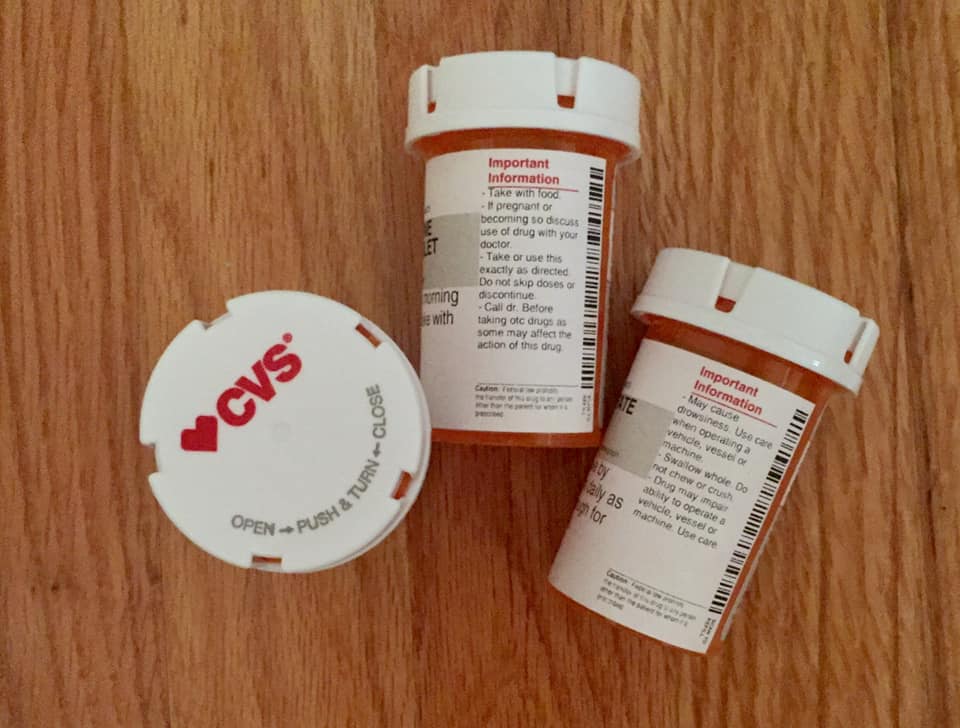Emails, slide decks and other documents are released in the Purdue Pharma litigation.
According to documents released by a Congressional committee, members of Purdue’s Sackler family used OxyContin sales to “stretch financial targets and pressured company executives to grow its market share for opioids by targeting high-volume prescribers and pushing higher-strength doses.” The internal emails, presentations, and financial charts released also note how members of the Sackler family “treated one of its opioids as a cash cow” and withdrew approximately $10 billion from Purdue since 2008.
The document disclosure follows an agreement to plead guilty to three felony criminal charges as part of an $8.3 billion settlement that also resolves civil charges. As part of the deal, Purdue admitted to misleading the Drug Enforcement Administration (DEA) about a program to monitor diversion by physicians, falsifying information to increase manufacturing quotas, and violating anti-kickback laws. Federal prosecutors confirmed the criminal investigation remains ongoing.
“The documents we are releasing today show that members of the Sackler family – and in particular Dr. Richard Sackler – recklessly pushed Purdue executives to flood the market with OxyContin to maximize their personal wealth, even after the company reached a settlement with DOJ in 2007 for misleading marketing,” said Carolyn Maloney (D-N.Y.), who chairs the House Committee on Oversight and Reform, in a statement along with committee member Mark DeSaulnier (D-CA.).

“We are disappointed that DOJ forfeited yet another opportunity to hold members of the Sackler family fully accountable for their role in fueling the devastating opioid epidemic,” they wrote, also noting that members of the Sackler family “agreed to pay $225 million in damages to resolve civil liability, but that amount represents just 2% of the family’s estimated $13 billion net worth.”
In one such email released Mortimer Sackler wrote to Purdue’s board in October 2013, “Seems like the organization has just fully given up and is resigned to declining volume sales for all our products which bodes really badly for our business and our pipeline (and I would again question the value of investing so heavily in an R&D pipeline whose future is very questionable given the dramatic changes that have happened in the market).”
In June 2011, Richard Sackler reviewed a report on sales reps and wrote, “Above suggests that we are calling on non-high potential prescribers. How can our managers have allowed this to happen?” In August 2013, he arranged a meeting between Purdue board members and McKinsey consultants “to discuss a McKinsey plan to ‘Turbocharge the Sales Engine’ for OxyContin.”
Daniel Connolly, an attorney for Raymond Sackler, responded, “The release of Purdue documents will definitively show that Sackler family members who served on Purdue’s board were repeatedly assured that all sales and marketing was in compliance with legal and regulatory requirements, and that this program was consistent with industry best practices. We continue to work constructively towards a final resolution of the legal cases – when Purdue’s documents will quickly become available for public review and correct the inaccurate impressions created by this sort of selective release of cherry-picked documents.”
Purdue will be converted into a public benefit company run on behalf of the U.S. communities pursuing litigation against it for the opioid epidemic, and members of the Sackler family would relinquish control.
Sources:
Lawmakers release trove of Purdue documents detailing Sackler family’s involvement in opioid sales


Join the conversation!